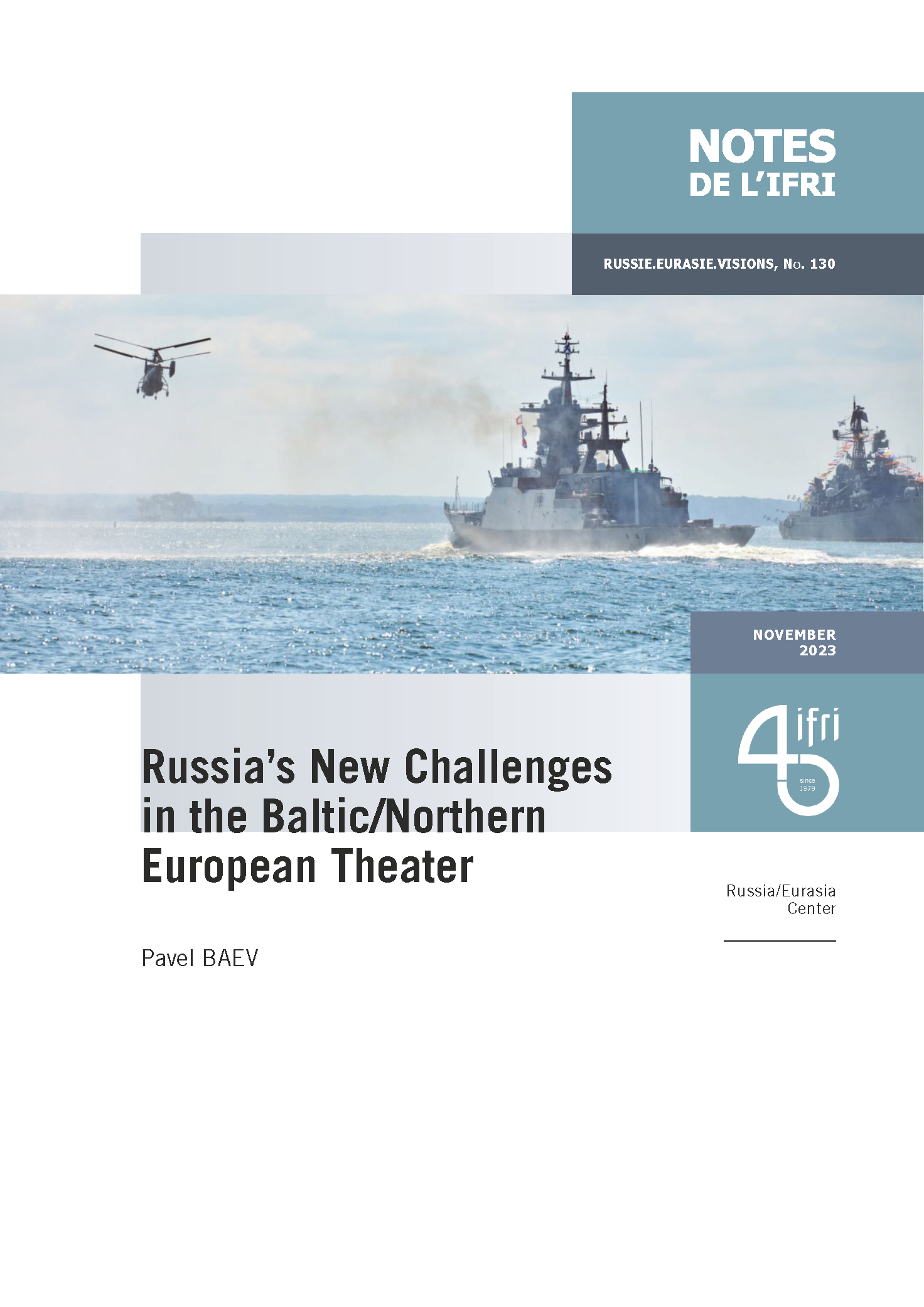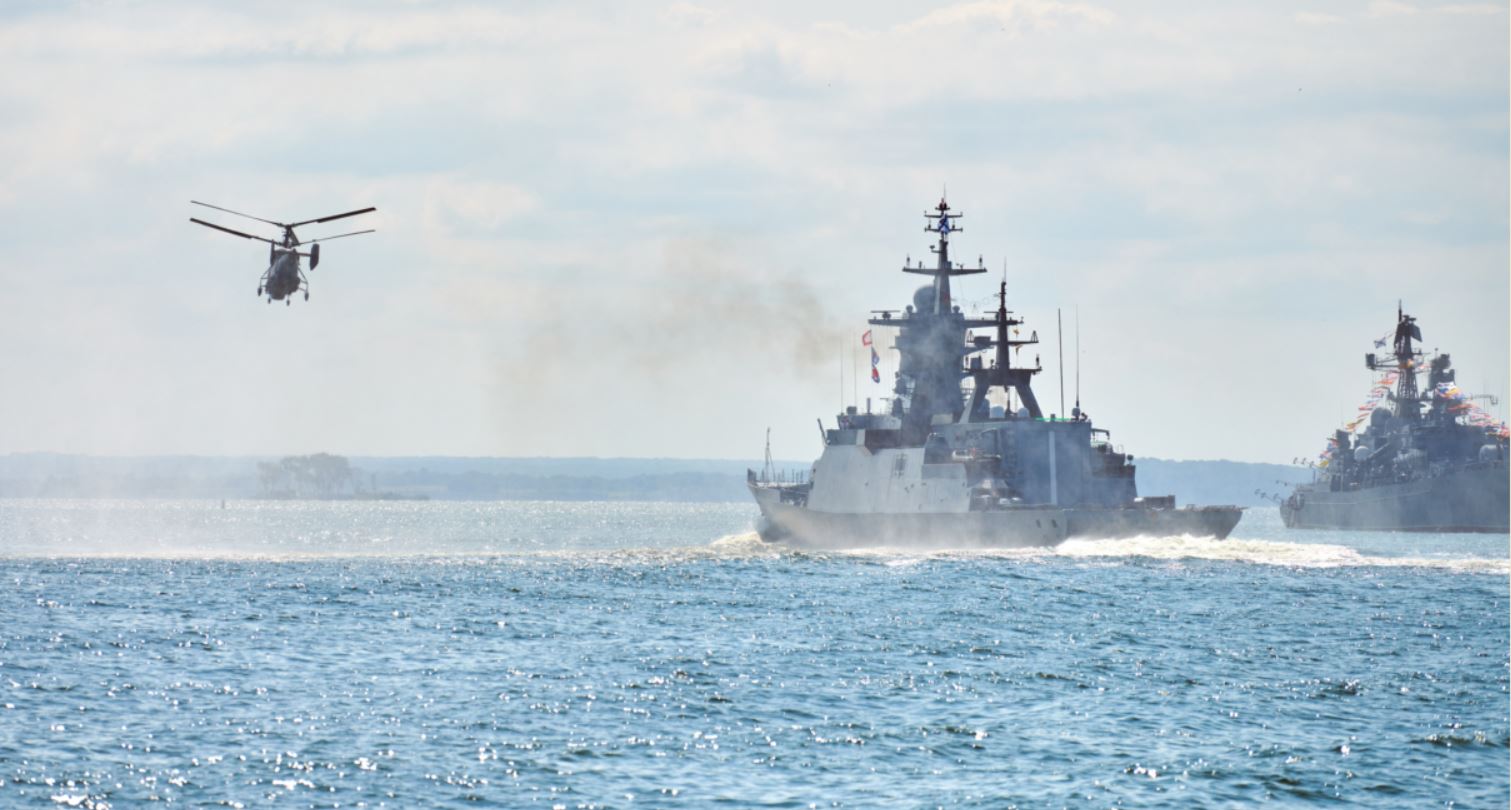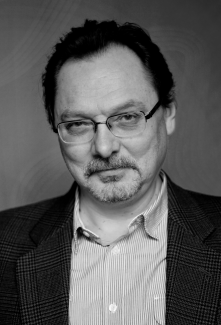Russia’s New Challenges in the Baltic/Northern European Theater

The long war in Ukraine has brought a drastic geopolitical reconfiguration of the Baltic theater and a deep shift in the military balance between Russia and the North Atlantic Treaty Organization (NATO).

Russia has effectively lost its position of power and the capacity to threaten its neighbors with projections of military power, and while for many Western policy planners these changes appear unnatural and transitional, in Moscow they are perceived as both unacceptable and irreversible.
Already in the first phase of its invasion into Ukraine, the Russian high command found it necessary to redeploy the most combat-capable units, including the Air Assault Division and the Marine Brigade, to the key offensive operations, while the Baltic Fleet dispatched its amphibious capabilities to the Black Sea. In the ongoing phase of defensive battles, these units are fully engaged in countering the Ukrainian counter-offensive, so that “Fortress Kaliningrad” is left without most of its garrison. The accession of Finland and Sweden to NATO has undercut Russian strategic planning, in which the Baltic and the Arctic theaters were separate directions under different commands, and particular goals in exploiting military superiority, which is currently lost. Russia has gained unrestricted military access to Belarus, but the shortage of forces limits the usefulness of this alliance, while the deployment of non-strategic nuclear warheads amount to a very troublesome combination.
Whatever the scope of the outcome of the war, Russia will not be able to rebuild a position of military superiority in the Baltic theater or even to set an approximate balance of forces with NATO, which is implementing a new plan to strengthen its posture in this reconfigured direction. Moscow might rely on “deterrence by punishment”, assuming that many Western urban centers are within the reach of its Kalibr and Iskander missiles, but it may also opt for greater reliance on nuclear weapons, which can be deployed to Kaliningrad. These measures cannot alter the strategic reality of Russia’s irreducible vulnerability, so a new post-Putin leadership, whatever its composition, might find it necessary to moderate or abandon completely the track of militarized confrontation with the West and to seek opportunities for restoring cooperative patterns, for which the Baltic region is the most promising interface.
Dr Pavel K. Baev is a Research Professor at the Peace Research Institute, Oslo (PRIO). He is also a Senior Non-Resident Fellow at the Brookings Institution, Washington D.C., and an Associate Research Fellow at Ifri, Paris.
Download the full analysis
This page contains only a summary of our work. If you would like to have access to all the information from our research on the subject, you can download the full version in PDF format.
Russia’s New Challenges in the Baltic/Northern European Theater
Related centers and programs
Discover our other research centers and programsFind out more
Discover all our analysesRussia's Asia Strategy: Bolstering the Eagle's Eastern Wing
Among Russia’s strategic priorities, Asia traditionally played a secondary role compared to the West. In the mid-1990s, then Foreign Minister Yevgeny Primakov initiated a rapprochement with China and India. Then, in 2014, deteriorating relations between Russia and the West prompted Moscow to begin its “great pivot to the East”.
Kazakhstan After the Double Shock of 2022: Political, Economic and Military Consequences
The year 2022 represented a dual shock for Kazakhstan. In January, the country faced its most severe political crisis since independence, followed in February by Russia’s full-scale invasion of Ukraine, which cast uncertainty over the borders of post-Soviet states. These consecutive crises profoundly shaped Kazakhstan’s domestic and foreign policy.

How the Russian Army Changed its Concept of War, 1993-2022
The traditional and high-intensity war that has occurred in Ukraine since Russia decided to invade raises a key issue: did post-soviet Russian strategic thought really prepare Russia for waging this war?
Russia's Nuclear Deterrence Put to the Test by the War in Ukraine
From the outset of its “special military operation” (SVO) against Ukraine on February 24, 2022, Russia, which possesses one of the world’s largest nuclear arsenals, has adopted aggressive deterrence measures and a resolutely menacing rhetorical stance.











